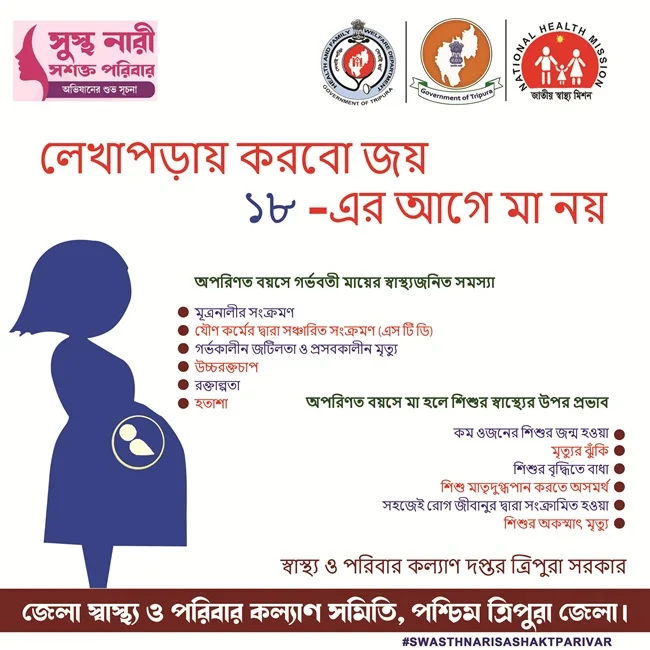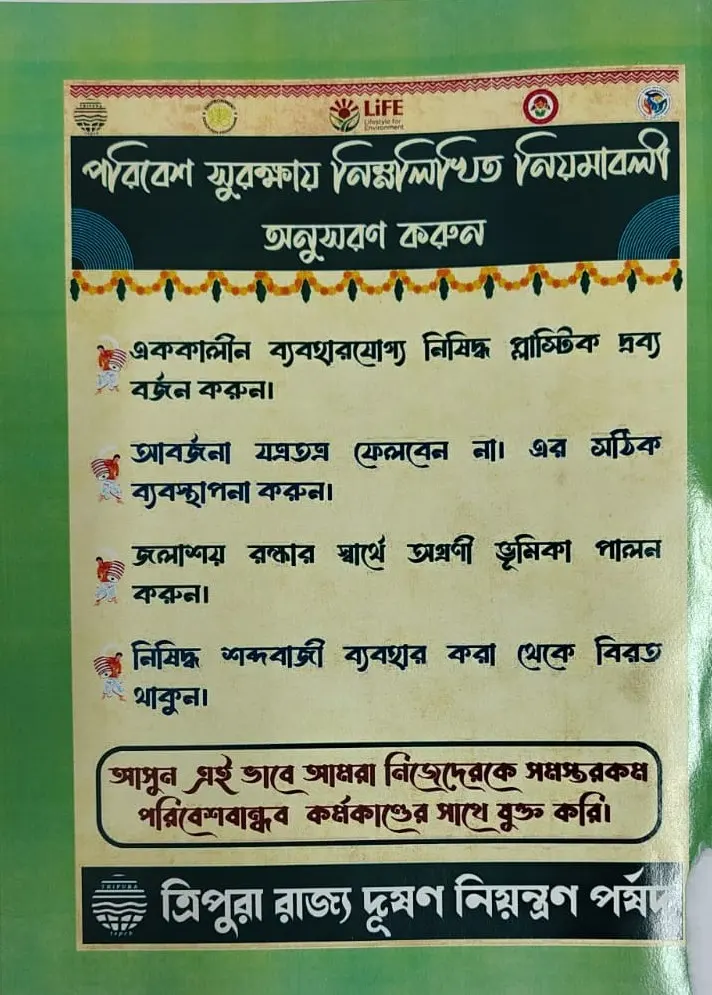NEW DELHI| OCTOBER 28,2025| SKY LINK TIMES|
The Union Cabinet on Tuesday approved the Terms of Reference (ToR) for the 8th Central Pay Commission (CPC), paving the way for a long-awaited revision of salaries for nearly 50 lakh central government employees and 69 lakh pensioners across India.

The commission, chaired by former Supreme Court judge Justice Ranjana Prakash Desai, will submit its recommendations within 18 months, with implementation expected from January 1, 2026, according to Information & Broadcasting Minister Ashwini Vaishnaw.
Who Will Lead the 8th Pay Commission
Alongside Justice Desai, Professor Pulak Ghosh will serve as a member, and Pankaj Jain will act as the member-secretary.
The panel’s key role will be to review and recommend changes to the pay structure, allowances, and pension benefits of central government employees.
The Terms of Reference were finalised after extensive consultations with various ministries, state governments, and the Joint Consultative Machinery, ensuring representation of employee interests.
Also Read: https://skylinktimes.in/rbi-introduces-bank-in/
What the Cabinet Announced
Announcing the decision, Minister Vaishnaw confirmed that the ToR was prepared after feedback from major stakeholders including the Defence and Home Ministries, the Department of Personnel and Training (DoPT), and several state governments.
In Parliament earlier this year, Minister of State for Finance Pankaj Chaudhary had clarified that revised pay scales would be implemented “once the recommendations are made by the 8th CPC and accepted by the government.”
Background: How Often Are Pay Commissions Formed?
The Central Pay Commission is typically constituted every 10 years to review and adjust government employee remuneration to align with inflation and economic growth.
The 7th Pay Commission, formed in February 2014, had its recommendations implemented from January 1, 2016. The 8th Pay Commission follows the same cycle, with implementation due in January 2026.
Impact on Government Employees and Pensioners
The revision aims to offset inflation and restore the real value of salaries, which diminishes over time.
Until the new structure is implemented, employees continue to receive Dearness Allowance (DA) — revised twice a year based on inflation trends.
The 8th Pay Commission’s recommendations are expected to significantly enhance take-home pay and retirement benefits, giving a major boost to the financial well-being of government workers and pensioners.
For More Info Stay Tuned: https://skylinktimes.in



